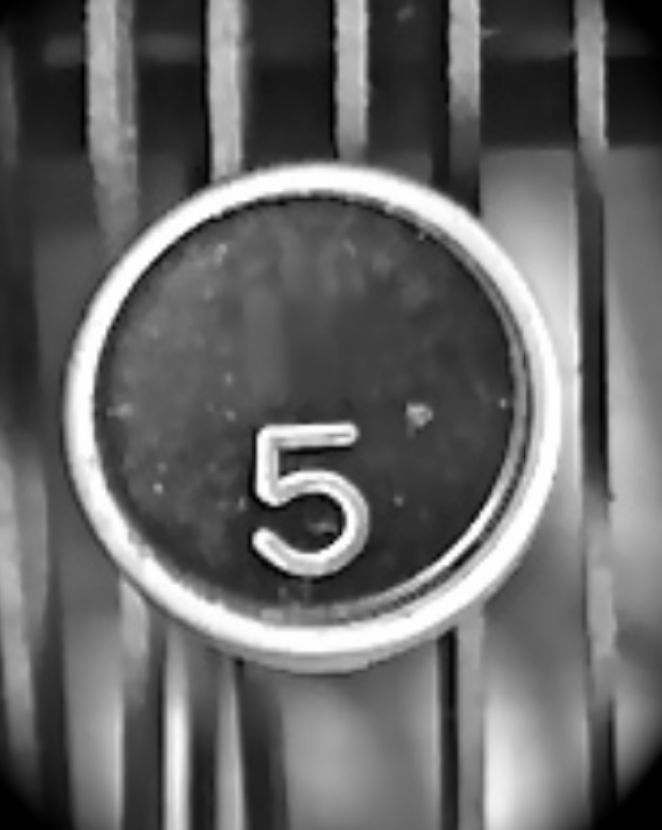5 HOT BOOKS: How Russia Rigs Elections, Evangelicals and Politics, and More
/1. Rigged: America, Russia, and One Hundred Years of Covert Electoral Interference by David Shimer (Knopf)
Revelations about Russian interference in the 2016 U.S. election may have seemed startling, but as David Shimer convincingly explains in his powerful book, they were not new. Shimer documents this covert influence on elections reaching back to the Cold War and even further to its roots in Vladimir Lenin’s secret intelligence service. Meanwhile, Russians maintained that the CIA was interfering with elections around the world and conducting cyberattacks and dissemination of disinformation in a new kind of statecraft, but one with deep roots.
2. Jesus and John Wayne: How White Evangelicals Corrupted a Faith and Fractured a Nation by Kristin Kobes Du Mez (Liveright)
In her smart, deftly argued book, historian Du Mez delves into white evangelicals’ militantly patriarchal expressions of faith and their unwavering support for libertine President Donald Trump. Du Mez, a professor at Calvin University, clearly explicates the way the “evangelical cult of masculinity” has played out over decades. She maintains that “understanding the catalyzing role militant Christian masculinity has played over the past half century is critical to understanding American evangelism today, and the nation’s fractured political landscape.”
3. Friends and Strangers by J. Courtney Sullivan (Knopf)
Beginning with her debut Commencement (2009), Sullivan’s fiction has been distinguished by her nuanced perspectives on female friendships, sharp takes on social quirks of the day, and refined perceptions about class sensibilities, all wrapped up in a richly satisfying story. At the heart of Friends and Strangers is the power dynamic between affluent new mother Elisabeth and Sam, an art student with loans and a cafeteria work-study job at her nearby women’s college, who is hired to care for Elisabeth’s infant son. As they navigate their shifting places in society with an array of characters – Sam’s older British boyfriend and Elisabeth’s in-laws, including her liberal father-in-law, who encourages Sam to campaign for improved campus working conditions – this generous, witty, and bighearted novel exposes the fraught terrain of domesticity, privilege, the gig economy, and thwarted ambitions.
4. The Dragons, the Giant, the Women: A Memoir by Wayétu Moore (Graywolf)
The brutal civil war in Liberia that spanned nearly 15 years, ravaging the nation and leaving nearly 250,000 dead, provides the foundation for Moore’s riveting and beautifully written memoir. Moore vividly and suspensefully chronicles three weeks of making her way with her family through sugarcane fields in their terrifying escape, but the extraordinary power of the book resides not only in her flight, but in her survival. Moore makes her way to the United States, but her new life is bittersweet: she deals with the trauma of white supremacy when she has supposedly reached safety.
5. The Gretchen Question by Jessica Treadway (Delphinium)
This gripping novel unfolds over one day as single mother Roberta, enduring a terminal cancer diagnosis, grapples with the conundrums of her life in a series of flashbacks. Treadway has a special talent for psychological mysteries – what characters keep from others and from themselves. Estranged from her son, Roberta has not shared the truth of his paternity, and she’s in a complicated relationship with her longtime best friend, but the mysteries of the novel are really about Roberta’s own take on reality and her reliability as a narrator, as she struggles with her secrets.










